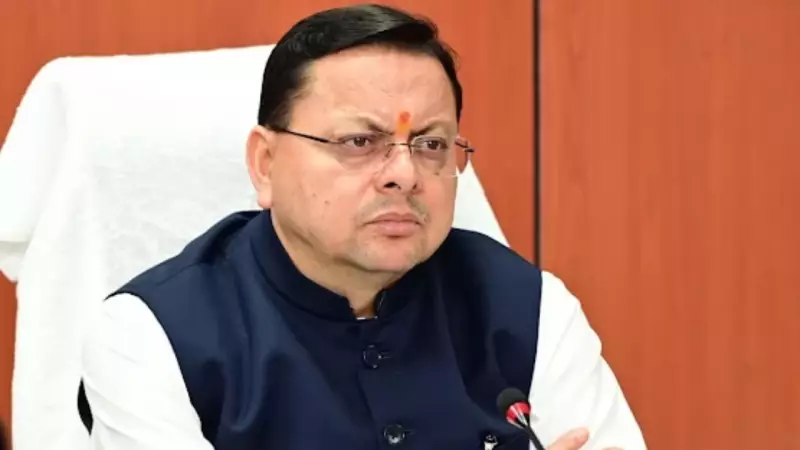
In a significant move to revolutionize healthcare and medical education, the Uttarakhand government has unveiled an ambitious plan to establish a medical college in every district of the state. Chief Minister Pushkar Singh Dhami made the announcement on Thursday, outlining a vision to make Uttarakhand self-sufficient in the medical sector and curb the need for students to migrate for quality education.
A Push for Self-Reliance in Medical Education
Chief Minister Pushkar Singh Dhami emphasized that the government's primary focus is on achieving self-reliance in medical education. "Our priority is to provide quality medical education in every district so that students no longer need to go outside the state," he stated. This initiative is not limited to MBBS colleges alone. Dhami further confirmed that the state is also actively working on the expansion of nursing and paramedical institutions to create a comprehensive healthcare education ecosystem.
Current Landscape and Future Expansions
Providing concrete details on the rollout, Health Secretary Dr. Rajesh Kumar announced that new government medical colleges will soon begin operations in Rudrapur and Pithoragarh. He also highlighted the government's dual focus: while new infrastructure is being built, there is a concerted effort to upgrade existing healthcare services and fill all vacant faculty positions across the state's medical colleges to ensure high educational standards.
Currently, Uttarakhand's medical education capacity stands at a total of 1,325 MBBS seats. This is distributed across five government and four private medical colleges. The government colleges, located in Srinagar (Garhwal), Haldwani, Dehradun, Almora, and Haridwar, together admit 625 MBBS students annually and offer 238 postgraduate (PG) seats.
In the private sector, the Himalayan Institute of Medical Sciences and Shri Guru Ram Rai Institute of Medical and Health Sciences, both in Dehradun, are major players with 250 MBBS seats each. Additionally, the Graphic Era Institute of Medical Sciences and Gautam Buddha Medical College contribute another 150 seats each to the state's overall capacity.
Transforming Healthcare Access in the Himalayas
This widespread establishment of medical colleges is expected to have a profound impact on healthcare access in the hilly state. By decentralizing medical education and creating hubs of medical excellence in every district, the government aims to ensure that quality healthcare services reach the remotest areas. This strategic move is poised to not only produce more home-grown doctors but also to improve the overall health infrastructure, making Uttarakhand a model state for medical education and public health in India.






